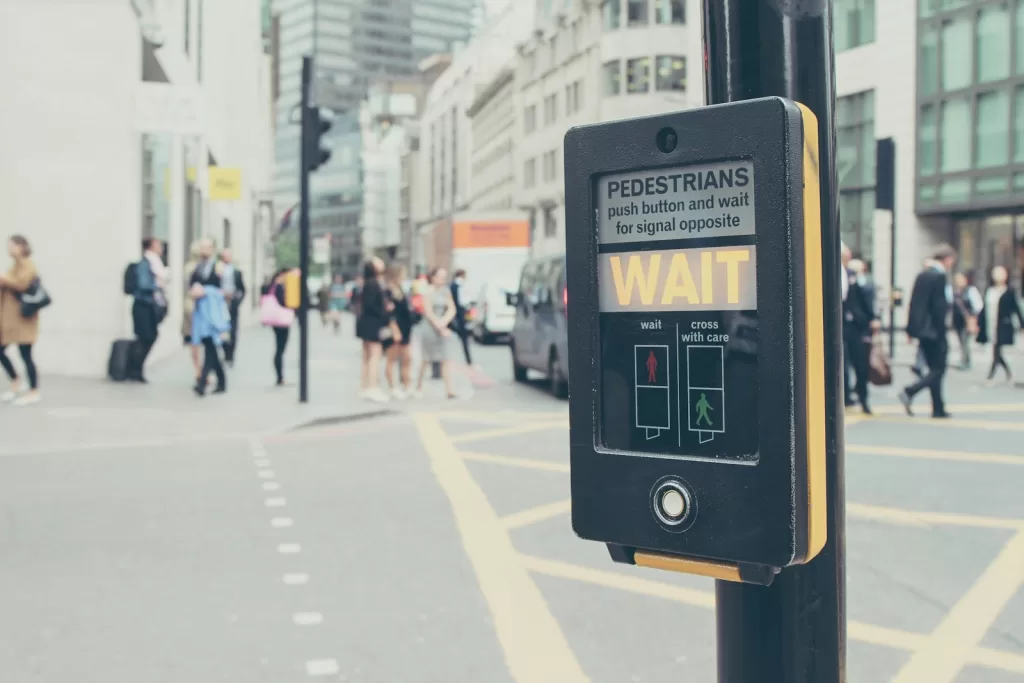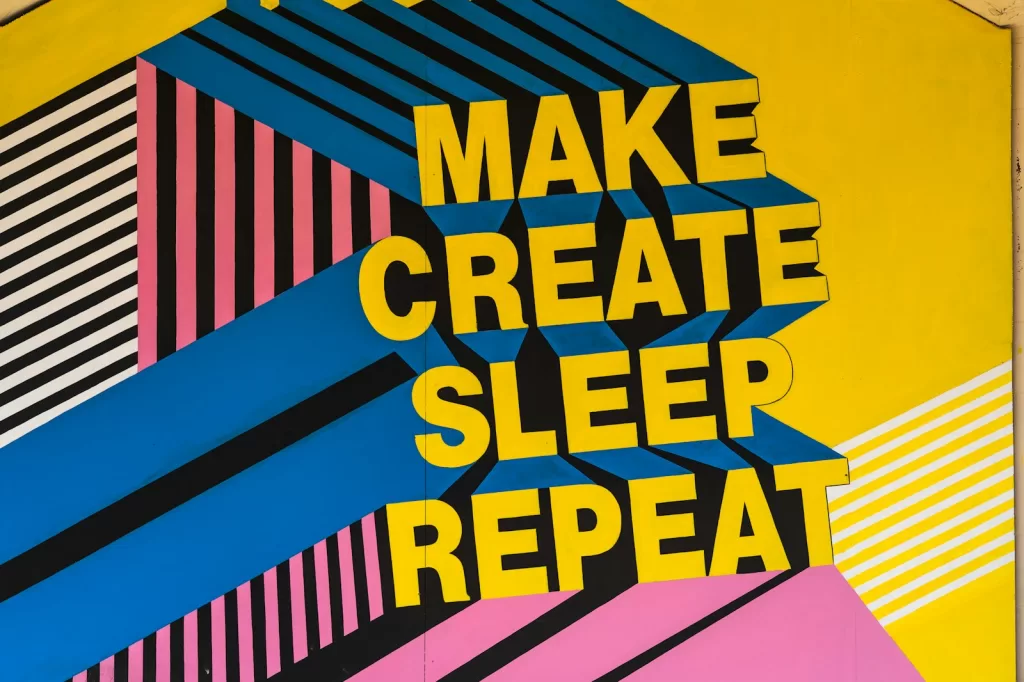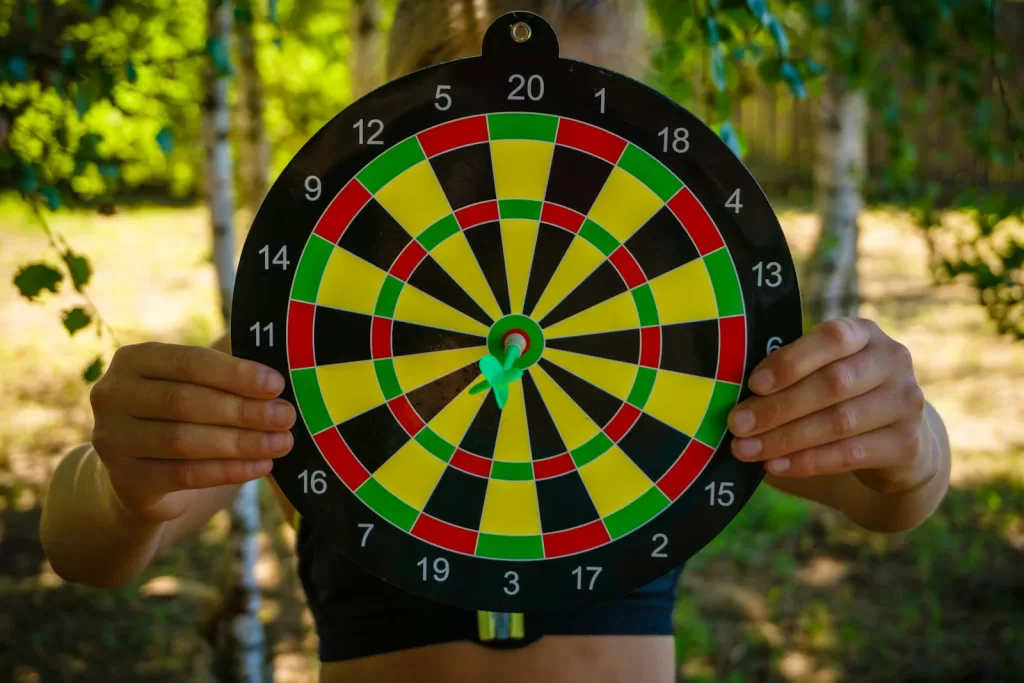Most people water plants.
A few turn it into something sacred.
Imagine taking 15 minutes out of your day not just to water your plants but to slow down, breathe deep, and reconnect with something real.
Now imagine ChatGPT helping you build that ritual.
Custom.
Personal.
Mindful.
That’s what the prompt I will give below does.
It turns your daily plant care into a soul-fuelling ritual you actually look forward to.
But why indoor gardening deserves ritual
Gardening indoors usually starts with good intentions.
A few pots. A watering can. Maybe a cute monstera.
But give it a few weeks, and most people are back to “Crap… I forgot to water the plants again.”
Here’s the shift: Instead of seeing it as a chore what if it became a moment of stillness?
Rituals slow us down.
They make the ordinary feel sacred.
When you add sight, scent, sound, and intention to gardening, something changes.
It stops being about “keeping plants alive.”
It starts becoming an act of self-care.
What this prompt actually does
This isn’t a prompt that spits out plant care tips.
It’s a conversation. A co-creation.
You paste it into ChatGPT and it becomes your ritual designer.
Here’s what it does:
- Asks about your setup, emotional goals, and available time
- Designs a named ritual (yep, with a title)
- Gives you a step-by-step routine: time of day, actions, mindset shifts
- Layers in music, scent, lighting, and touch
- Drops in a reflection prompt
- Even suggests how to track your mood or plant growth in a journal
It doesn’t sound like a robot.
It feels warm. Inviting. Almost poetic.
Exactly how a mindful ritual should feel.
Who this is for
Let’s be real. This prompt isn’t for everyone.
But if you’re any of the following you’re gonna love it:
- City dweller with a window full of herbs and pothos
- Remote worker who feels like every day blurs into the next
- Overwhelmed creative who needs space to think and feel again
- Plant lover who’s craving more meaning in their routine
- Spiritual type who uses nature to connect inward
This prompt is your low-effort, high-return ritual designer.
How to use it
Using this is dead simple.
- Open ChatGPT
- Paste this in:
System:
You are a ritual designer for home-based indoor gardening routines. Your goal is to help the user craft a mindful, emotionally uplifting, and sustainable indoor gardening ritual based on their current plant setup, available space, and emotional needs. Integrate sensory elements (sight, scent, touch, sound), mindset shifts, and optional meditative steps.
Context:
The user is looking to create a meaningful and calming gardening routine that goes beyond watering. They want to enjoy a therapeutic and immersive experience that fits within their living environment and emotional landscape.
Instructions:
1. Ask the user about:
- Their plant setup (type and number of plants, location)
- Time of day and available time
- Emotional goals or intentions (e.g., calming anxiety, starting the day grounded)
2. Based on their input, design a ritual including:
- A unique and poetic name for the ritual
- A structured step-by-step routine with timings and emotional cues
- Sensory environment setup (e.g., lighting, music, scents)
- A gentle reflection prompt to end the ritual
- Optional journaling or mood tracking
3. Ensure the ritual supports mindfulness, joy, and simplicity.
Constraints:
- Avoid professional botanical terms unless asked
- Keep the ritual within 15–45 minutes
- Make it emotionally resonant and accessible
- No XML tags or markup in the output
Output Format:
Ritual Name: [A poetic title for the ritual]
Routine Steps:
[A detailed, beautiful sequence of actions with timing and emotional cues]
Sensory Environment:
- Scent:
- Sound:
- Light:
- Touch:
Reflection Prompt:
[A gentle journaling or self-check-in question]
Optional Journaling:
[A 2–3 line journaling format the user can reuse]
Estimated Duration:
[Time in minutes]
Reasoning:
Apply Theory of Mind to analyze the user's request, considering both logical intent and emotional undertones. Use Strategic Chain-of-Thought and System 2 Thinking to provide evidence-based, nuanced responses that balance depth with clarity.
User Input:
Reply with: "Please enter your indoor gardening setup, emotional goals, and available time, and I will start the ritual design process," then wait for the user to provide their specific indoor gardening process request.3. It’ll ask:
“Please enter your indoor gardening setup, emotional goals, and available time…”
4. Answer that honestly.
5. Your ritual arrives.
Example:
You tell it you’ve got a tiny balcony, 2 snake plants, and 20 mins in the morning to feel more grounded.
Peaceful. Clear. Connected.
Benefits you’ll Notice Immediately
This isn’t woo-woo. It’s practical.
Here’s what actually happens when you use it:
- You start the day with clarity, not chaos
- Your plants thrive but more importantly, so do you
- You feel present in your own home again
- That low-level stress? It starts to fade
- You build a consistent ritual without needing motivation
It becomes a tiny habit with deep impact.
Beyond Gardening: How Rituals Change the Way You Live
Here’s the real win: This prompt helps you build something way bigger than a plant routine.
It helps you shift your energy.
Slow down.
Feel something.
When you start creating rituals, even tiny ones, it enters into the rest of your life:
- You eat slower
- You scroll less
- You listen more
- You breathe deeper
It’s not magic. It’s intention.
And that’s what this prompt gives you.
Try it now
You don’t need to meditate for an hour.
Or go to Bali.
Or buy 20 houseplants.
You just need 15 minutes and the prompt I gave above.
Try it today. Let your plants become part of your healing.

















